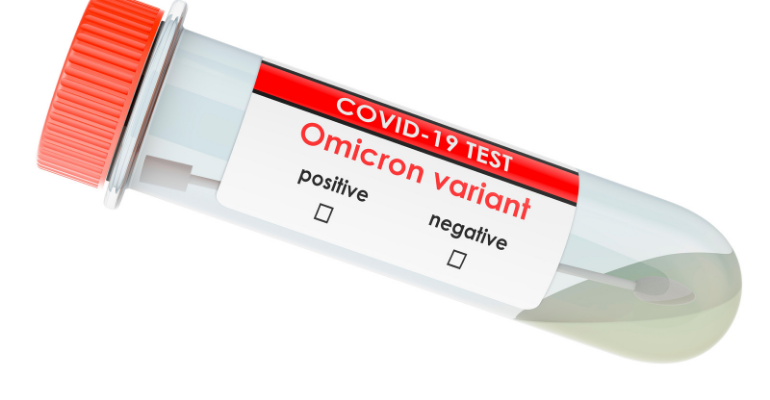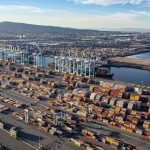Governments’ “knee-jerk” reactions to the Omicron variant are putting supply chains and the workers that enable them at risk, transport leaders have warned.
The International Air Transport Association (IATA), International Chamber of Shipping (ICS), International Road Transport Union (IRU) and International Transport Workers’ Federation (ITF) published a joint release calling for cross-border transport workers—including seafarers—to be allowed to continue to do their jobs without overly restrictive travel rules.
The group said at least 56 countries had introduced travel restrictions over the latest strain of the SARS-CoV-2 coronavirus, announced a week ago as a variant of concern by the World Health Organization (WHO) and named Omicron.
The bodies called for co-ordinated action from heads of state using lessons learned over the past two years of the coronavirus pandemic to avoid putting further strain on global supply chains.
The bodies reiterated suggested measures to protect workers and supply chains put to governments in September, measures which will be discussed at a crisis meeting with the WHO and the International Labour Organization (ILO) on Monday 6th, December. The suggestions are:
- Guarantee the free and safe movement of transport workers
- Prioritise transport workers to receive WHO-recognised vaccines.
- To adopt lasting travel and health protocols developed by industry for seafarers, drivers and air crew, as endorsed by WHO, ILO, IMO and ICAO
- To create globally harmonised, digital, mutually-recognised vaccination certificates and processes for demonstrating health credentials (including vaccination status and COVID-19 test results), which are paramount to ensure transport workers can cross international borders.
- Increase global vaccine supply by all means at our disposal in order to expedite the recovery of our industries.
For the maritime industry, the fear is an escalation of a situation known as the crew change crisis, which has varied in severity during the course of the pandemic. As borders were closed and travel restrictions were brought in, many seafarers found themselves unable to travel to or from vessels, leading to long stays working on vessels beyond their contracts and beyond legal limits.
Working conditions were made worse by crews being unable to go ashore for leisure or for access to emergency medical care in some cases. Access to vaccines has brought further complications.
Guy Platten, Secretary General, International Chamber of Shipping said: “This feels like Groundhog Day for our transport sectors. There is a real and legitimate fear that unless coordinated action is taken by world leaders, we will see a return to the peak of the crew change crisis in 2020 where more than 400,000 seafarers were impacted by unnecessarily harsh travel restrictions.
“Our transport workers have worked tirelessly for the past two years throughout the pandemic to keep the global supply chain moving, and they are at breaking point. December is traditionally a busy time for seafarers returning home to their families and governments owe them the chance to spend that time with their loved ones.”
Stephen Cotton, General Secretary, ITF, said: “The same governments that have blocked global vaccine access are now the first to lock down their borders to keep the Omicron variant out. Instead of pursuing a global solution to this pandemic, their decisions further risk supply chain collapse. It’s not only morally reprehensible, it’s economic self-destruction. We need universal access to vaccines now. It’s imperative for all of us to tell governments to stop bowing down to big pharma and pave the way so that every country can produce the vaccines needed to end this pandemic.”
Source: Seatrade Maritime News






